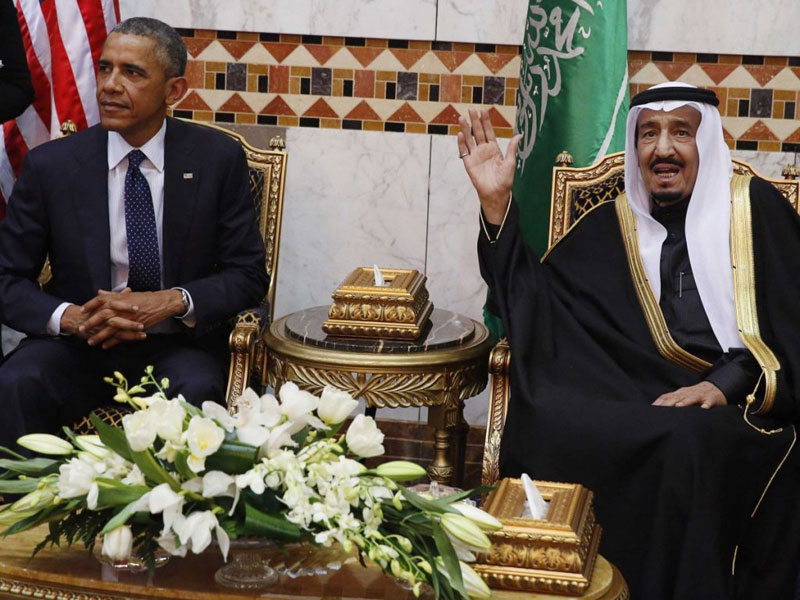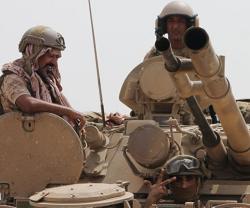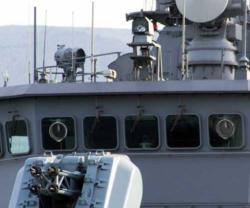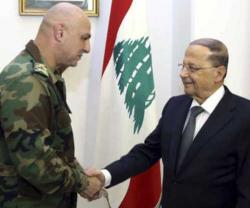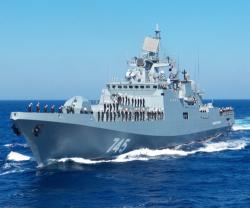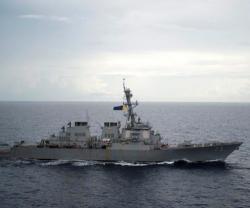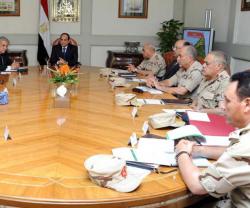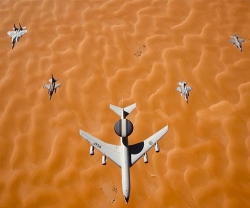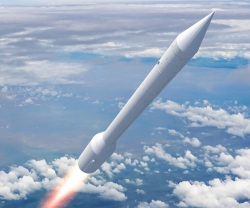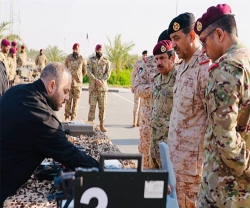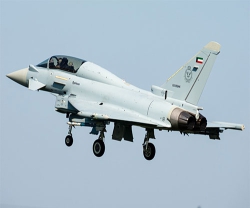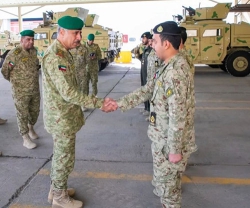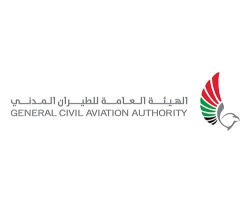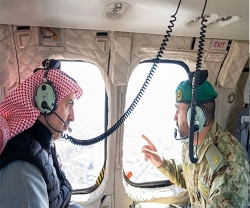The two parties underscored the importance of continuing their efforts to maintain security, prosperity and stability in the region and in particular to counter Iran’s destabilizing activities. In this regard, King Salman expressed support for the Joint Comprehensive Plan of Action (JCPOA) between Iran and the P5 + 1 countries, which once fully implemented, will prevent Iran from obtaining a nuclear weapon and thereby enhance security in the region.
The two leaders expressed satisfaction at the outcome of Camp David Summit held by the leaders of the Gulf Cooperation Council (GCC) and President Obama last May, which aimed at strengthening the US-GCC partnership and fostering closer defense and security cooperation. Both leaders expressed their commitment to implement all the understandings reached at Camp David.
The two leaders reviewed the on-going military cooperation between the two countries in confronting the so-called ISIL, and in working to protect the sea lanes and confronting piracy. They discussed fast-tracking the military supplies to the Kingdom, as well as enhancing cooperation on counterterrorism, maritime security, cyber security and ballistic missile defense.
On Yemen, the two parties stressed the urgent need to reach a political solution within the GCC Initiative and the outcomes of the National Dialogue and United Nations Security Council Resolution No. 2216. Both leaders expressed concern over the humanitarian situation in Yemen.
Regarding the Palestinian-Israeli conflict, the two leaders underscored the importance of the 2002 Arab Peace Initiative, and underlined the necessity of reaching a comprehensive, just and lasting settlement to the conflict based on two states living side-by-side to achieve peace and security. They also encouraged both parties to take steps to preserve and advance the two-state solution.
Both leaders stressed the importance of reaching a lasting solution to the conflict in Syria based on the principles of Geneva Declaration to end the suffering of the Syrian people, maintain continuity of civilian and military government institutions, preserve the unity and territorial integrity of Syria, and ensure the emergence of a peaceful and pluralistic state free of discrimination or sectarianism. The two leaders asserted that any meaningful political transition would have to include the departure of Bashar Assad who has lost legitimacy to lead Syria.
The two sides expressed their support for the Iraqi government’s efforts to defeat ISIL and encouraged the full implementation of recently agreed reforms by Parliament.
The two leaders emphasized their continued strong support for Lebanon and its sovereignty, security and stability, and for the Lebanese Armed Forces as they secure Lebanon and its borders and resist extremist threats. The two leaders also affirmed the critical importance of Lebanon’s Parliament expeditiously electing a new President in accordance with the Lebanese constitution.
The US President welcomed an invitation extended by King Salman to visit the Kingdom next year to complete putting the final touches to the strategic partnership.
Lastly, senior administration officials told the New York Times that the Pentagon was finalizing a $1bn arms agreement that would provide weapons for the Saudi military for the campaign against the jihadist group Islamic State and the Houthi rebel movement in Yemen.
The deal primarily comprised missiles for US-made F-15 fighter jets, the officials said.
Agencies; File Photo

